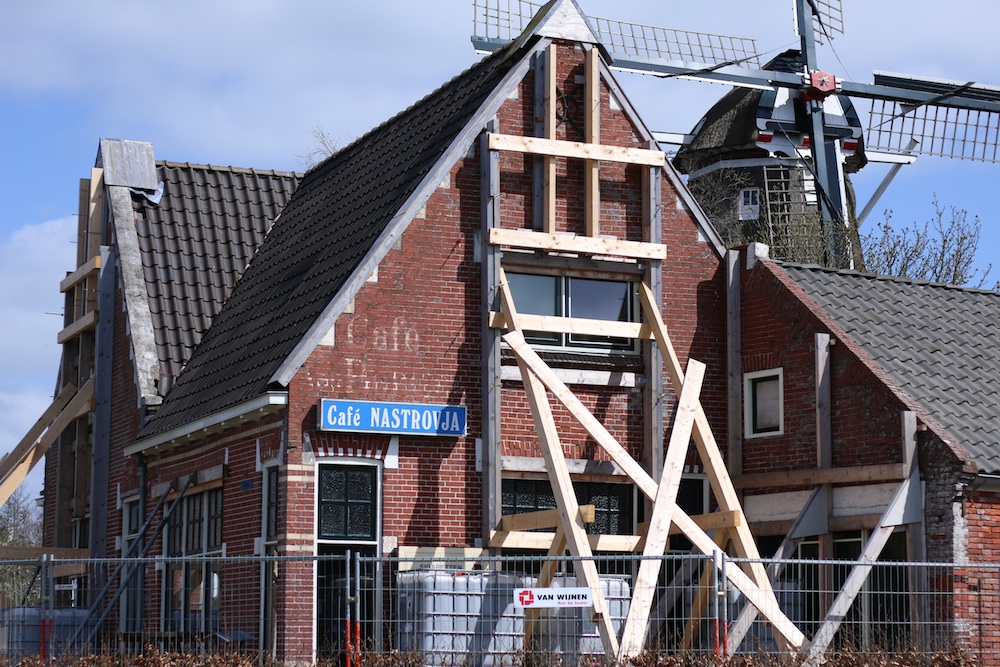MPs back calls for a parliamentary inquiry into Groningen gas debacle


MPs have unanimously backed calls for a parliamentary inquiry into the gas extraction project in Groningen province, 60 years after the gas fields were first tapped.
MPs said that holding the inquiry, probably next year, will help the people of Groningen recover their confidence in national government by determining who was responsible for the choices which were made.
The text of the motion also states that there should be no delay in paying compensation for the damage caused by the quakes or in taking measures to prevent further damage.
The last parliamentary inquiry took place between 2013 and 2016 and focused on the failure of the high speed train service between the Netherlands and Belgium.
A parliamentary inquiry can hear witnesses under oath and is the most serious option open to MPs who want answers on controversial subjects.
1959
The first gas was piped up from three kilometers under Groningen province in 1959 and the field was said to be one of the biggest in the world. Gas extraction was put in the hands of NAM, a 50:50 joint venture between Shell and Esso, now ExxonMobil.
Gas extraction increased in the following years, providing a major source of income for the government as well as NAM.
The first earthquake hit in 1986 and there have been over 1,000 since then. Most were light and considered irrelevant by The Hague. But in 2012 the province was hit by a quake measuring 3.6 on the Richter scale which caused considerable damage to hundreds of homes and other buildings.
Listed buildings
In 2013 the quakes continued and the government’s cultural heritage service said they had damaged 69 out of the 100 listed buildings in the northern part of the province. NAM, then in charge of compensating home owners and repairing the damage, said it had received 9,100 reports of damage to homes in the region over the past year.
In 2014, ministers first agreed to slow down production – from 53 billion cubic metres a year to 42 billion – to reduce the risk of quakes.
In 2015, the then economic affairs minister Henk Kamp admitted that the government had not taken the safety of Groningers sufficiently into account, following the publication of a highly criticial report by the Dutch safety board OVV. He further wound down production.
Safety
In 2018, the government decided that gas extraction would stop altogether in 2030. Describing the decision as ‘extremely important’, prime minister Rutte told reporters that the impact of the gas extraction – the earthquakes – are no longer acceptable and that ‘safety has priority’.
Government bodies, NAM and local interest groups are still in dispute over the compensation package.
Thank you for donating to DutchNews.nl.
We could not provide the Dutch News service, and keep it free of charge, without the generous support of our readers. Your donations allow us to report on issues you tell us matter, and provide you with a summary of the most important Dutch news each day.
Make a donation